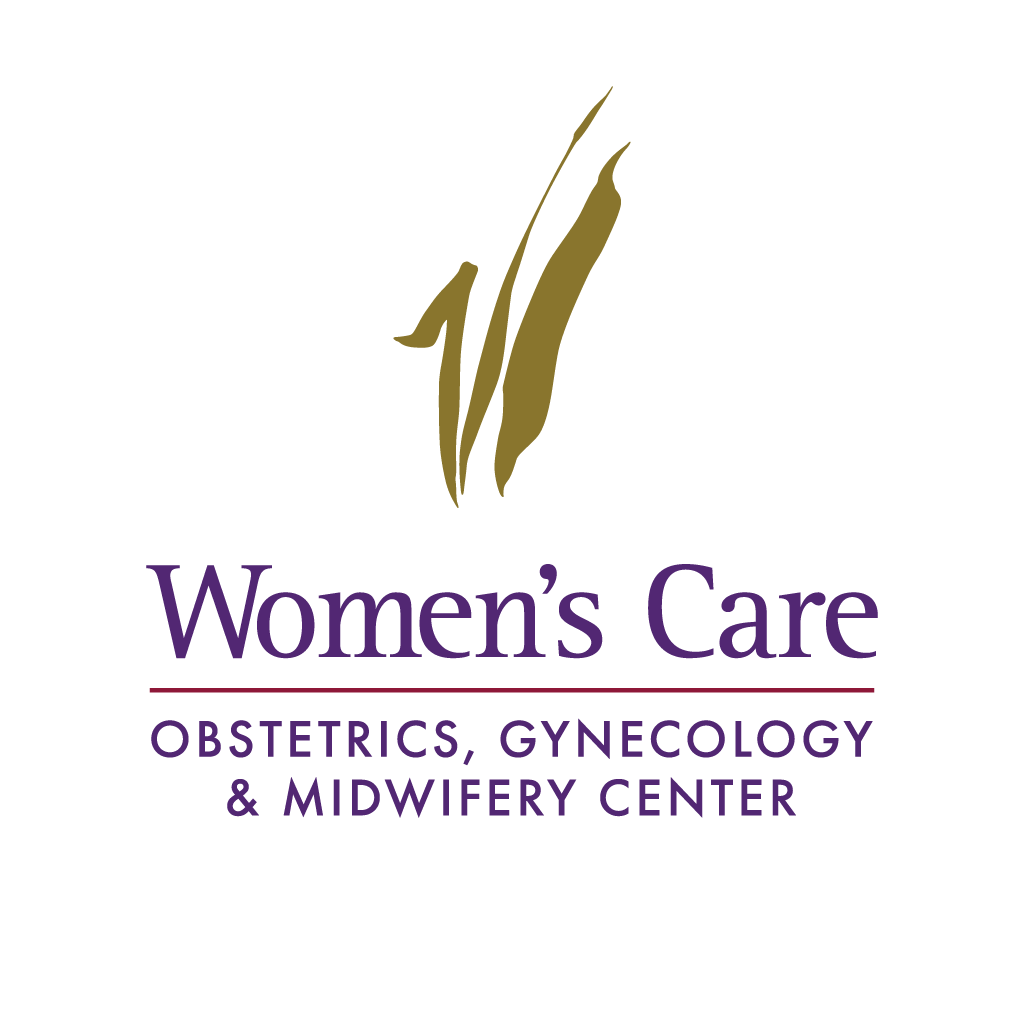Pregnancy After 35 – Does Age Really Matter?
Having a baby after the age of 35 is becoming more popular as women are prioritizing education and relationships and thinking about having children later. It is important to know that pregnancy after the age of 35 can be healthy and normal. The Women’s Care team is here at any stage to help you understand how your body changes as you age and what is available to help stay on track with your goals for pregnancy.
Pregnancy In Your Thirties
Most couples who are healthy in their thirties have a one in four chance of conceiving each menstrual cycle. As women enter their later thirties, there becomes a slightly increased risk for a miscarriage or stillbirth. Although women who are in their late thirties are higher risk for pregnancy, most women are still able to carry a healthy baby to full term. If you believe you may be at a higher risk for your pregnancy because of current health problems, talk to your OBGYN to determine the best course of care. Twins or triplets are often more common in older women because the ovaries have a higher chance of releasing more than one egg each month. All of this can be considered when deciding the best time to start or grow your family.
How Does Fertility Change As You Get Older?
As women enter their forties, fertility begins to decline as the ovaries may release eggs at less predictable intervals. There is a higher incidence of complications such as preeclampsia and chromosomal abnormalities with advancing age. However, that does not mean a healthy and safe pregnancy is out of reach. In fact, it is still more likely to have a normal pregnancy than an abnormal one. Your OBGYN will offer extra testing and monitoring to evaluate for medical issues that can arise.
How Can I Preserve Fertility?
Thanks to an abundance of research and technology, there are several ways women can potentially help preserve their fertility. Freezing your eggs and later undergoing In Vitro Fertilization (IVF) is the most common and successful way to help preserve your fertility. It is important to note that there is not yet a medically guaranteed way to preserve your fertility. Surrogacy and adoption are some other options when considering the best plan to grow your family. The most important thing is consulting with your OBGYN about the best route to take for you and your family. The Women’s Care partnership includes The Fertility Center of Oregon as well as Maternal Fetal Medicine, which allows us to serve a wide variety of individual needs.
If you are interested in further information and have questions about your pregnancy after 35, reach out to Women’s Care. Our providers are here to help guide you through the fertility path that is best for you.
